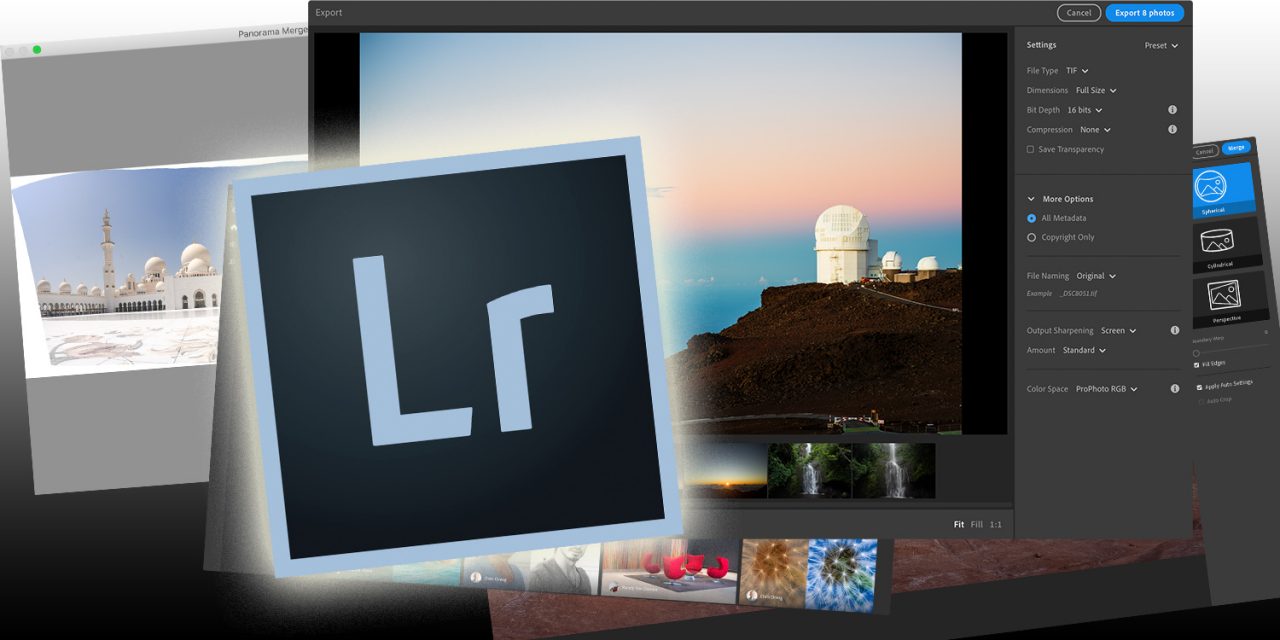
While we don't yet have any solid evidence of this, as we're still undergoing testing, the performance increase hasn't been that drastic. Faster Metadata ManagementĪdobe claims to have made performance improvements in regards to selecting and updating metadata for batches of photos.

It will even work on smartphone shots that require processing like this. The latter is a particular problem with those that have entry-level cameras due to the increased noise and (usually) lower-resolution image sensors associated with cheaper cameras. This is actually very useful for the average user, especially if they want more detail in low-resolution images or the ability to crop in tightly on subjects without losing detail. It isn't simply increasing the size of the photo and hoping for the best, but rendering more detail intelligently across the frame. However, Lightroom is using Adobe's artificial intelligence machine to render a higher resolution version of your original image, and this is the key thing here.

On the face of it, this doesn't seem like such a big deal, as we've been able to print huge photos in a good resolution for a long time in digital thanks to the versatility of printing settings. Lightroom has added the ability to increase the resolution of a photo by up to 2x aside, for a total of 4x total increased pixels across the entire photograph.

The new feature Super Resolution can increase image size by doubling both vertical and horizontal amount of pixels for a maximum of up to four times the pixel amount.


 0 kommentar(er)
0 kommentar(er)
